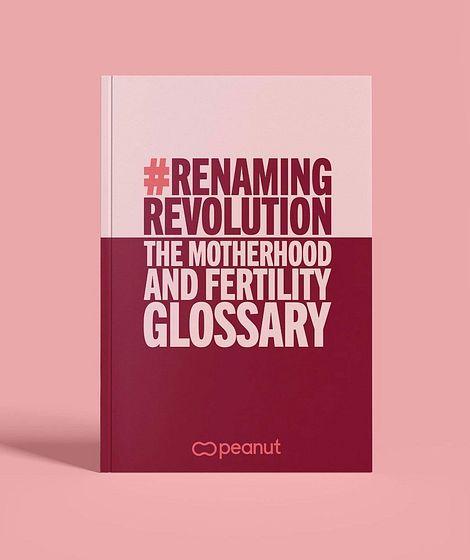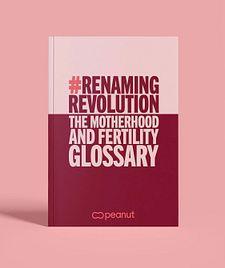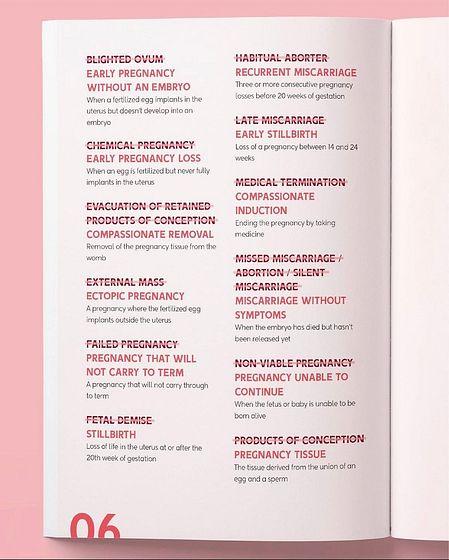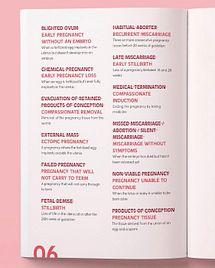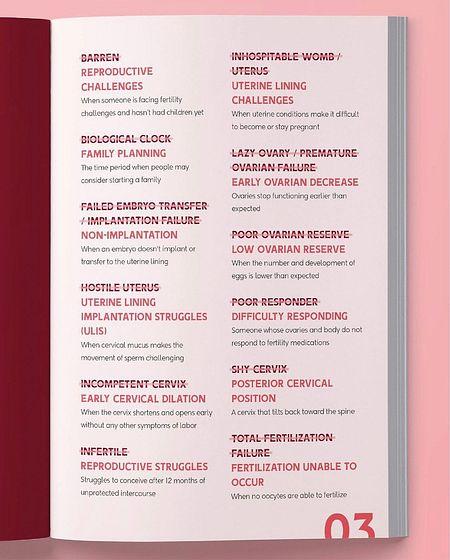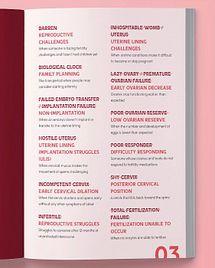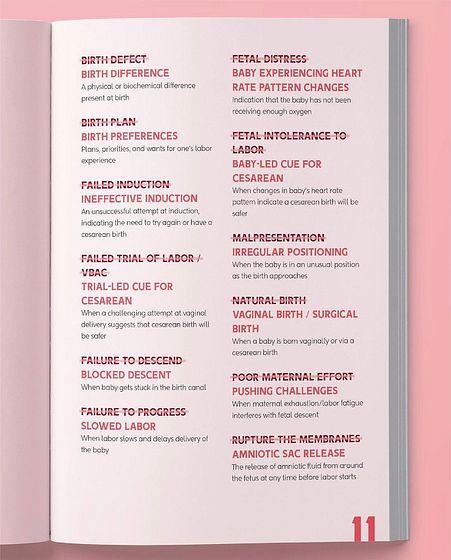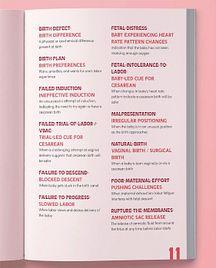Someone messaged me about it last night – I have to read it to you,” Michelle Kennedy reaches for her phone.
“She had a miscarriage and on her medical notes the wording was, ‘We have to clear out the products of conception…’ It was the wording used in conversation too. Your baby just died, and at that most vulnerable, devastating moment, imagine being told: ‘We need to clear you out of the products of conception.’ It must be shattering.”
Michelle is the founder of Peanut, the social app for women and mothers, and since the launch of its new campaign, The Renaming Revolution, she has been inundated with similar stories.

